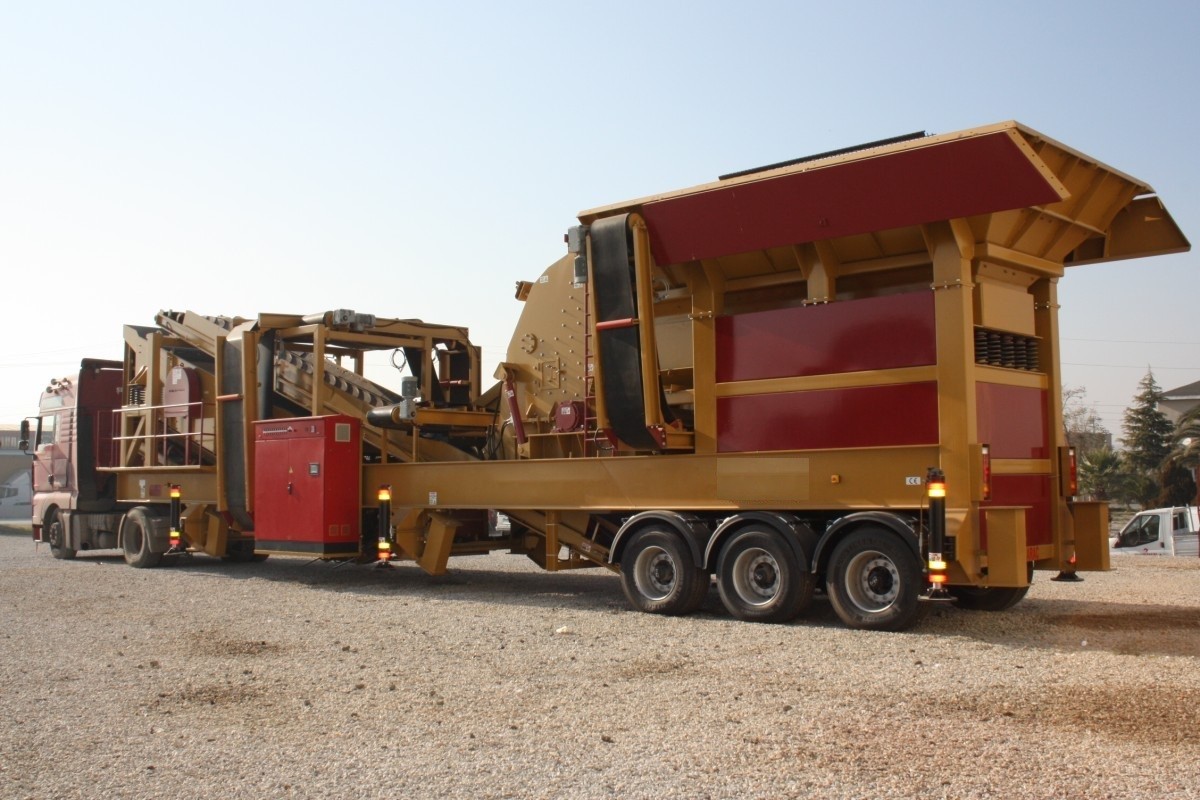When determining the prices of tracked crushers, several factors should be taken into account to ensure you get the best value for your investment. Here are the key considerations:
Machine Capacity and Performance: The crushing capacity, power, and efficiency of the machine directly affect its price. Higher-capacity crushers with advanced technology are generally more expensive.
Brand and Quality: Well-known brands with a reputation for durability and reliability often come at a higher price. However, they may offer better long-term value due to lower maintenance costs.
Technical Specifications: Features such as engine power, crushing speed, and the type of materials it can process (e.g., hard rock, recycled concrete) influence the price.
Condition of the Machine: Whether the crusher is new or used significantly impacts the price. Used machines may be cheaper but could require additional maintenance.
Market Demand and Supply: Prices can fluctuate based on market conditions, availability, and demand for tracked crushers.
Additional Features: Features like remote control, automation, and advanced safety systems can increase the price but may improve operational efficiency.
Maintenance and Operating Costs: Consider the long-term costs of maintenance, spare parts, and fuel consumption when evaluating the price.
Warranty and After-Sales Support: Machines with comprehensive warranties and reliable after-sales services may have higher upfront costs but provide better value over time.
 English
English
 Le français
Le français
 Türkçe
Türkçe

